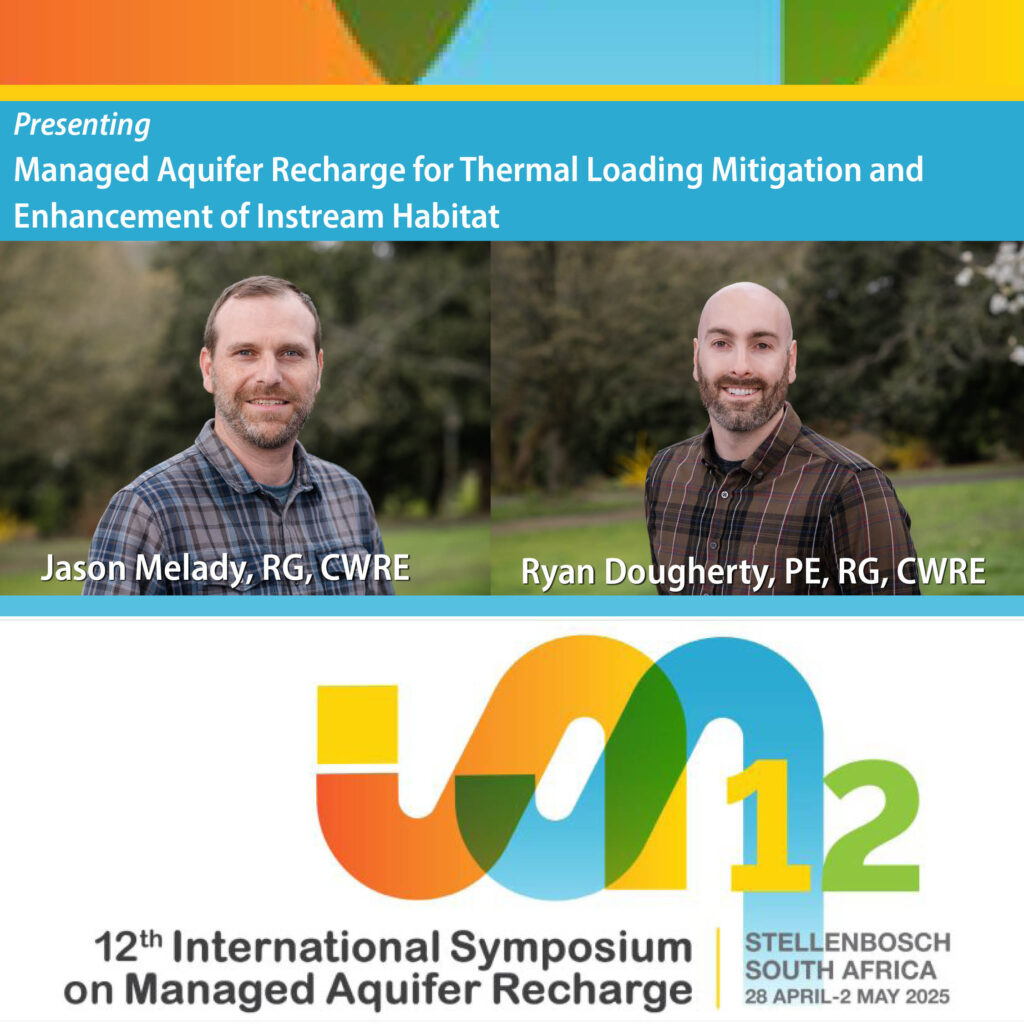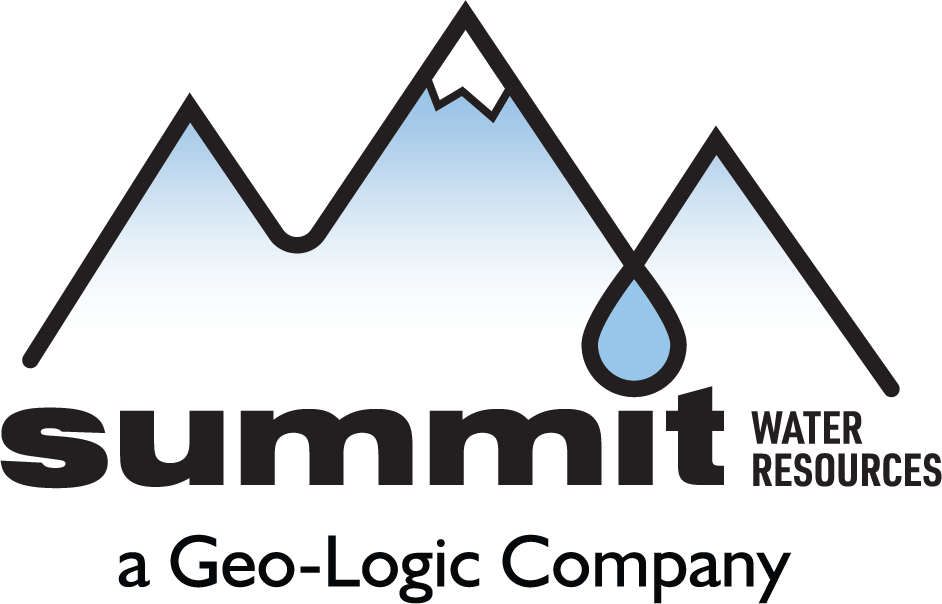
Summit hydrogeologists Jason Melady, RG, CWRE, and Ryan Dougherty, PE, RG, CWRE, will be presenting “Managed Aquifer Recharge for Thermal Loading Mitigation and Enhancement of Instream Habitat” at the 12th International Symposium on Managed Aquifer Recharge (ISMAR) taking place in Stellenbosch, South Africa from April 28 to May 2, 2025.
Internationally known as managed aquifer recharge (MAR), aquifer storage and recovery (ASR), refers to the recharge of aquifers, through surface infiltration or direct injection through wells, to manage available water resource assets and develop a sustainable water supply. Summit’s MAR and ASR experts assist clients from project conception to implementation, including ongoing operational and monitoring support services.
ISMAR is the premier international event on MAR research and practice, held every three or four years under the auspices of the International Association of Hydrogeologists (IAH), the American Society of Civil Engineers (ASCE), and the United Nations Educational, Scientific and Cultural Organization (UNESCO). Symposium attendees will include regulators, researchers and practitioners in all facets of MAR, including hydrogeology, geochemistry, microbiology, modeling, economics, and water resources management.
Presentation Abstract
Most rivers and streams in the Pacific Northwest of the United States (US) are listed as impaired waters under the US Clean Water Act (CWA) for excessive water temperatures that threaten Endangered Species Act (ESA) listed fish species. Water temperature total maximum daily loads (TMDLs) have been developed for many of these watersheds and thermal loading limitations have been put on dischargers and new surface water diversions to protect ESA listed fish. While numerous managed aquifer recharge (MAR) projects have been developed in the Pacific Northwest for municipal drinking water supply over the last 25 years, it has recently emerged as a tool for mitigating thermal loading impacts and enhancing instream habitats for ESA listed fish species by utilizing cool wintertime stored water as mitigation.
This talk will cover the extent and implications of surface water temperature impairments in the Pacific Northwest in the context of ESA listed fish species, public water users/dischargers, and climate change. The talk will then provide an overview of emerging applications of MAR as a tool for mitigating thermal loading impacts and enhancing instream habitats and discuss key project feasibility elements including hydrogeology, water quality and geochemical compatibility considerations, treatment requirements, facility design, and quantification of thermal benefits.
